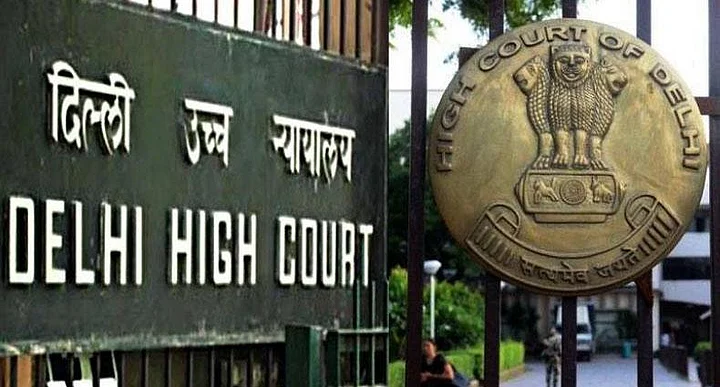In a bid to justify the continued COVID-19 restrictions in place at Nizamuddin Markaz, the union government on Monday, 13 September, told the Delhi High Court that the alleged cases relating to the Tablighi Jamaat congregation, which had become a COVID-19 hotspot in March last year, are 'serious and have cross-border implications,' The Indian Express reported.
A bench constituting Justice Mukta Gupta was hearing the Delhi Waqf Board's plea to lift COVID-19 curbs and reopen the Markaz, which has remained shut since 31 March 2020.
Gupta questioned Rajat Nair, the counsel for the government, on the prolonged closing of the premises, and said that they can't be 'kept locked forever', The New Indian Express reported.
However, responding to the petition filed by the Waqf Board, the Ministry of Home Affairs replied,
“Since about 1,300 foreigners were found to be residing in the said premises and cases against them have cross-borders implications and involves nation’s diplomatic relationship with other countries, it is necessary and incumbent on the part of the Respondent to preserve the said premises for the purpose of Section 310 of CrPC."Ministry of Home Affairs, as per The Indian Express
Further, the union government's counsel raised an objection to the petition itself, and said that any legal action seeking reopening of the property can only be taken by the lessee of the premises.
To this, the Waqf board, represented by Advocate Wajeeh Shafiq submitted that the government was creating confusion and bringing up "irrelevant issues".
Issuing a notice on an application submitted by the managing committee of Masjid Bangle Wali and Madrasa Kashif-ul-Uloom for impleadment in the case, the court sought the board's reply to the government's affidavit and scheduled the matter for 16 November.
(At The Quint, we question everything. Play an active role in shaping our journalism by becoming a member today.)
